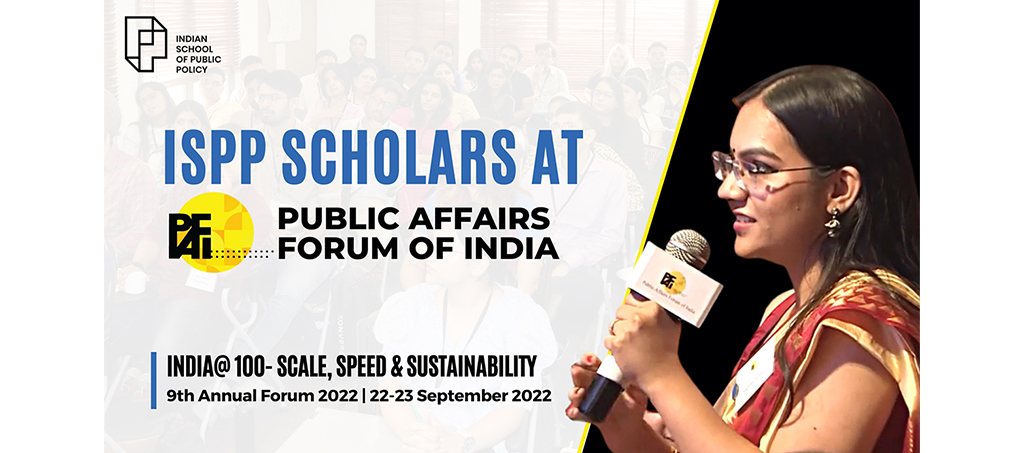
Going Beyond The Classroom – Networking Crucial For Leadership

Networking and Leadership Development
Networking is an extremely important skill in the field of public policy. Individuals looking to pursue a career in public policy will need to network to form greater industry ties. Networking also helps policymakers in leadership development. Public policy involves the collaboration of multiple different stakeholders for each challenge. Having a solid network aids the process of solving these tough challenges. This further helps improve one’s ability to build smarter and better teams to overcome challenges which help develop leadership skills in the process. Additionally, to become leaders of change, thought and narratives, gaining perspective on issues is necessary. By building a strong network, we can gain perspective on issues and on problem-solving.
Power of networking
The power of networking must not be underestimated. Adding on to the aforementioned benefits of networking, networking keeps one up to date on the current context in the field. For public policy, staying updated on current happenings is imperative. Moreover, to move forward in your career, one must build on inter-organisational personal relationships. This is mutually beneficial for both organisations and individuals. Networking also helps broaden horizons in terms of job switching and opportunity scouting, when required. Lastly, with good networks, one’s reputation is improved, and credibility increases. These benefits in turn help a person in leadership development as well.
How ISPP is paving the way?
The importance of networking is often emphasised at the Indian School of Public Policy (ISPP). ISPP was formed in 2018 and incubated by India’s leading public policy think tank – the Centre for Civil Society (CCS). ISPP is a knowledge institution for Public Policy with a campus in Hauz Khas, South Delhi. The institution includes Academic programs, Research, and Thought Leadership. Over 3 years, ISPP already has an alumni base of 148 across three academic programmes. ISPP aims to transform the art of policymaking.
Going beyond the classroom – ISPP Cohort at 9th Public Annual Forum of India
ISPP encourages learning beyond the classroom by providing its scholars with a range of opportunities to learn from the real world. One such opportunity was when the ISPP cohort attended the 9th Public Annual Forum of India (PAFI). The informative sessions during PAFI’s annual forum were a valuable experience for the scholars at ISPP. The event was a hotspot for networking and learning. The scholars were able to better understand the public affairs teams and their work in the country. Additionally, interactions with top politicians, cabinet ministers, and other influential people allowed the scholars to expand their horizons and networks. The event allowed scholars to learn beyond the classroom and was an enriching experience. The scholars look forward to more opportunities to learn from prominent events such as PAFI’s annual forum and build on their networks.
FAQs
What is PAFI & what does it do?
PAFI is a public affair organised forum in India including representatives from large & medium-sized transnational Indian & foreign companies in the field. It is the only such forum in India. PAFI is an information resource for practitioners of public affairs.
PAFI works towards bridging gaps between business, society, and government by building trust among stakeholders and encouraging collaboration on policymaking and innovation. They rely on research-based evidence and encourage capacity building to achieve this aim.
PAFI creates a platform to promote interactions among public affairs practitioners and policymakers. It does so by conducting Seminars, Interactive Dialogues, Research, Panel Discussions, Annual Lecture, and the National Forum, its annual event.
About the theme – India@100: Scale, Speed, Sustainability
The theme of this year’s PAFI annual forum was India@100: Scale, Speed, Sustainability. The panel discussions under this topic surround the future of India, where it is headed, and what can we expect from India when it completes its 100th year of independence. The aspects focussed on were scale, speed, and sustainability. The theme brings attention to the long-term goals of India and its policies.
Who was invited to the 9th annual forum of PAFI?
The panels included highly influential individuals from business, society, and government. The discussions among these stakeholders provided great insight to the audience.


